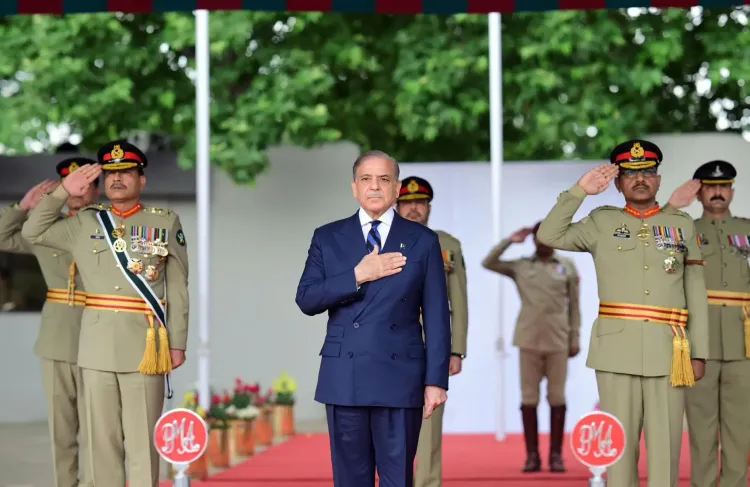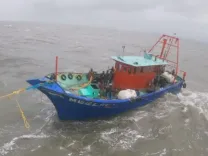Is Pakistan's Interference in Afghanistan Reemerging as a Regional Challenge?

Synopsis
Key Takeaways
- Pakistan has historically intervened in Afghanistan as a satellite state.
- The Taliban reject subservience despite Pakistan's control attempts.
- Tehreek-e-Taliban Pakistan (TTP) is resurgent, complicating Pakistan's position.
- Insurgency has spread beyond tribal regions, posing serious internal threats.
- Pakistan faces a dual-front struggle: with former allies and internal militants.
Islamabad, Oct 17 (NationPress) Pakistan has historically regarded Afghanistan as a satellite state, intervening in its internal matters and supporting various factions in Kabul, believing it could control the outcomes, according to a report released on Friday.
The report highlighted that the Taliban, forged by years of conflict and deeply rooted in tribal traditions, have consistently rejected any notion of subservience.
"Since its inception, Pakistan’s military leadership has viewed Islamist militancy as a strategic asset. During the Afghan war, supported by the US, Pakistan developed a network of proxy militias, madrassas, and jihadist frameworks, convinced they could always be managed. However, as Soviet forces retreated and American interest diminished, Islamabad redirected these resources internally, targeting Kashmir, India, and domestic opposition," the report in Global Order explained.
"This led to a gradual yet persistent internal decay. Over the years, the deep state masked its ambitions behind the facade of strategic depth and regional dominance. Concurrently, Pakistan's political landscape became increasingly hollow: civic institutions eroded, dissent was silenced, and a culture of impunity thrived. It is unsurprising that the very monster it planted abroad has now returned home," it added.
The report emphasized that while Pakistan's foreign interventions might have been its initial transgression, its current tolerance for internal insurgency marks a significant turning point. It pointed out that the Tehreek-e-Taliban Pakistan (TTP) has resurged, gaining strength from the safe havens in Afghanistan and Pakistan's diminishing credibility on the international stage.
The document noted that the association between the Afghan Taliban and TTP has further complicated Islamabad’s position. While Pakistan blames Kabul for providing refuge to TTP members, the Taliban contend that they neither can nor will rein in the group.
"In border areas like Orakzai and Khyber Pakhtunkhwa, Pakistani paramilitary and military forces have faced ongoing attacks and bombings attributed to the TTP. The insurgency has transcended tribal boundaries, evolving into a significant internal crisis that highlights the central government's ineffectiveness," the report remarked.
"Thus, Pakistan is engaged in a dual-front struggle: one against its former allies in Kabul and another against militants within its own borders. In many respects, the TTP represents the ultimate consequence: the vacuum Pakistan created is now spilling back into its own territory," it stated.
The report concluded that Pakistan is undergoing more than a simple crisis; it is facing a reckoning—a convergence of repercussions stemming from the establishment's actions decades ago. The clashes with the Taliban, the TTP’s resurgence, and protests in Pakistan-occupied Kashmir are manifestations of this schism.
"Pakistan employed terror as a tool of statecraft, but now it finds itself consumed by terror. A faltering economy, widespread corruption, weakened institutions, and repression of dissent have proven unsustainable. The deep state pursued strategic fantasies while undermining its own foundations," the report underscored.







